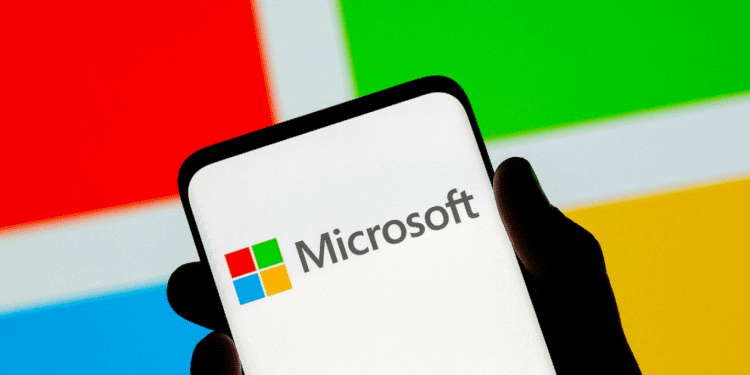- Microsoft is reportedly experimenting with a non-custodial crypto wallet integration for its Edge browser, aiming to make crypto and Web3 more accessible and user-friendly.
- Leaked screenshots reveal a user interface supporting Ethereum, fungible cryptocurrencies, and NFTs, with built-in security features to protect users from insecure addresses and dApps.
- It is unclear whether Microsoft developed the solution independently or partnered with ConsenSys, the developer behind MetaMask.
Microsoft, a name not typically associated with blockchain technology, is reportedly experimenting with a non-custodial crypto wallet integration for its default Edge browser. Leaked screenshots and insider information suggest that the tech giant is looking to move deeper into the Web3 space, potentially making crypto more user-friendly and accessible.
Microsoft’s Crypto Wallet Prototype: What We Know So Far
According to screenshots shared on Twitter by Albacore, a pseudonymous software researcher, Microsoft has added code to integrate a non-custodial crypto wallet into its Edge browser. The unreleased feature reveals a user interface for a cryptocurrency wallet, a decentralized application (dApp) explorer, a news feed, and the ability to buy cryptocurrency through Coinbase and MoonPay.
Although hidden and not accessible to users, the enhancement is already present in recent releases of the Microsoft Edge browser. While Microsoft has not officially confirmed the development, the company has a history of experimenting with blockchain technology. In September, Microsoft led a $20 million strategic round into Space and Time, a Web3 data warehouse.
Crypto Wallet Functionality and Web3 Integration
The leaked screenshots indicate that the Edge wallet is designed to target Ethereum and support fungible cryptocurrencies and non-fungible tokens (NFTs). The primary aim is to make crypto more user-friendly by offering inbuilt security features to protect users from insecure addresses and dApps. The wallet is reported to be a part of an “internal beta test” and does not require an extension to be installed, making it more convenient for users.
Microsoft has yet to decide whether to call it a crypto wallet or a web3 wallet, as both names have been used in the beta test. This uncertainty raises questions about whether Microsoft built the solution independently or partnered with ConsenSys, the developer behind the popular MetaMask crypto wallet. It’s worth noting that Microsoft participated in a $450 million ConsenSys funding round a year ago and has collaborated with the company on various projects, such as the Baseline Protocol.
Competition and Market Share
Microsoft’s Edge browser is one of many to support crypto natively. The blockchain-focused Brave browser and Opera, which has had a built-in crypto wallet for some time, are competitors in this space. However, Edge’s market share is relatively small, sitting at 4.3% according to Statcounter, behind Chrome with 65.7% and Safari at 18.9%. With ChatGPT boosting the usage of Microsoft’s Bing search engine, the company may be hoping that a crypto wallet integration could similarly affect Edge’s popularity.
Microsoft’s potential move into the crypto wallet space with its Edge browser integration could signal a new frontier for Web3 accessibility and adoption. As the tech giant explores the possibilities of blockchain technology and native crypto wallet support, it may inspire other significant players to follow suit, ultimately driving the mainstream adoption of cryptocurrencies and Web3 applications.














